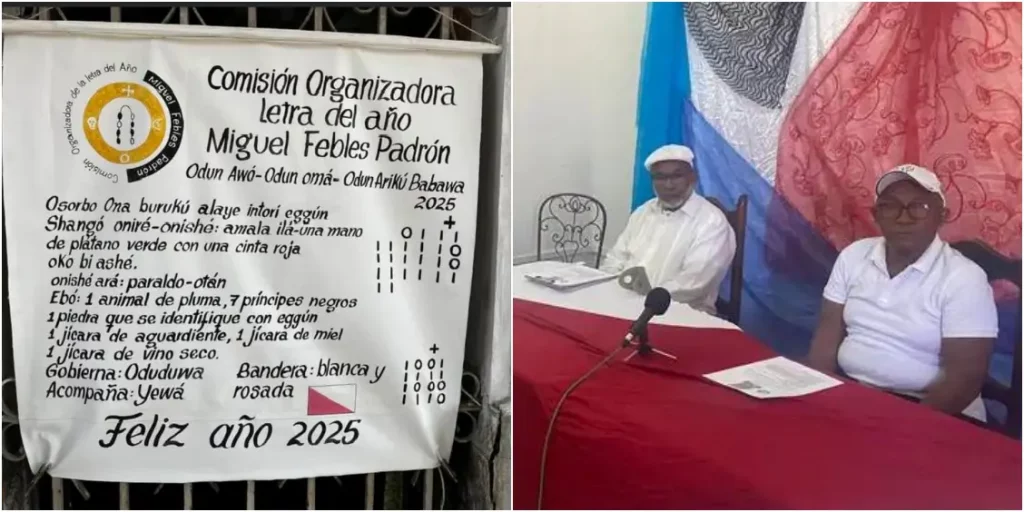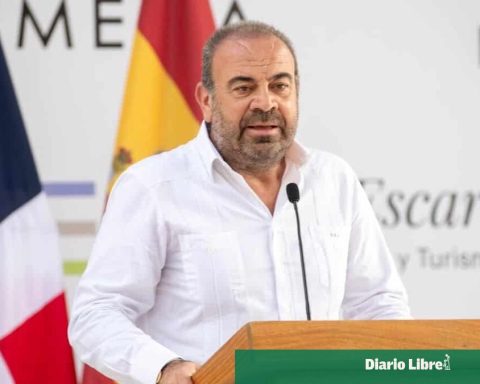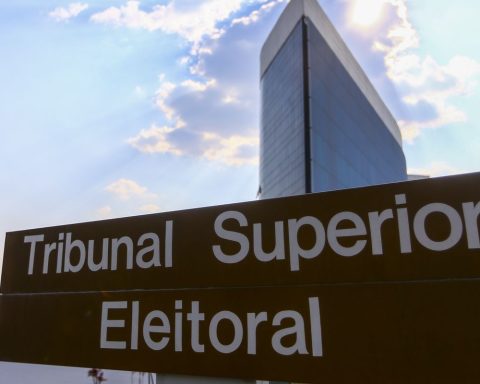AND
Half of Luiz Inácio Lula da Silva’s third term has passed. What are its characteristics?
He received an inheritance that he did not have in previous periods, which makes this interval different. First of all, he does not have a majority in Congress. I have already said that, when his second term ended, I asked him what was the greatest lesson he had learned in government. He told me that you cannot govern without a majority. That is the situation you face now. He won the elections, but the opposition has a majority in Congress.
This involves not only difficult negotiations every time the government needs to get Congress to approve projects. But also the incorporation of members of the opposition into the Government.
The other legacy, which now ends, is the presidency of the Central Bank in the hands of a Bolsonarist and neoliberal.
There are two important limitations: this did not prevent the government from having a strongly anti-neoliberal character. The most striking thing about Lula’s government 3 are its social policies, the main characteristic of the fight against neoliberalism.
The results are clear:
• The lowest unemployment rate in 12 years;
• The second best country to invest.
• The largest Safra plan in history.
• Return to ranking of the 10 largest economies.
• Global factories settling in the country, among other indicators.
The economy grows, jobs multiply, international exchanges expand. Brazil, through the BRICS bloc, consolidates international alliances that allow the country to project itself as a strategic power on a global scale.
The axis of opposition, economically, is in financial capital. It is the hegemonic sector in the neoliberal model. It is not the sector that finances production, research or consumption. But who lives off high interest rates and financial speculation?
Politically, the opposition has its leadership in the media, the sector that points out the paths left for the right. Mainly in the attempts to reduce the political dimension of President Lula da Silva. We have a good government, but we are losing the communications battle.
A situation that Lula has known and intends to change, with changes of those in charge. Which is not enough if we cannot understand the root of the problem to formulate another communication policy.
The fundamental clash of our time is that between neoliberalism and anti-neoliberalism, the resolution of which depends on whether we can achieve post-neoliberalism, the overcoming of the historical period marked by neoliberal hegemony.
This is the biggest challenge of the second half of Lula’s mandate. To achieve this, it is necessary to formulate a strategy for the structural transformation of the country’s economy, in order to displace speculative capital from the axis of the economy, to replace it with the resumption of economic development as a fundamental factor in the country’s future.
And let’s reverse the communication battle, consolidating a hegemonic project to overcome neoliberalism and consolidate democracy in Brazil.














